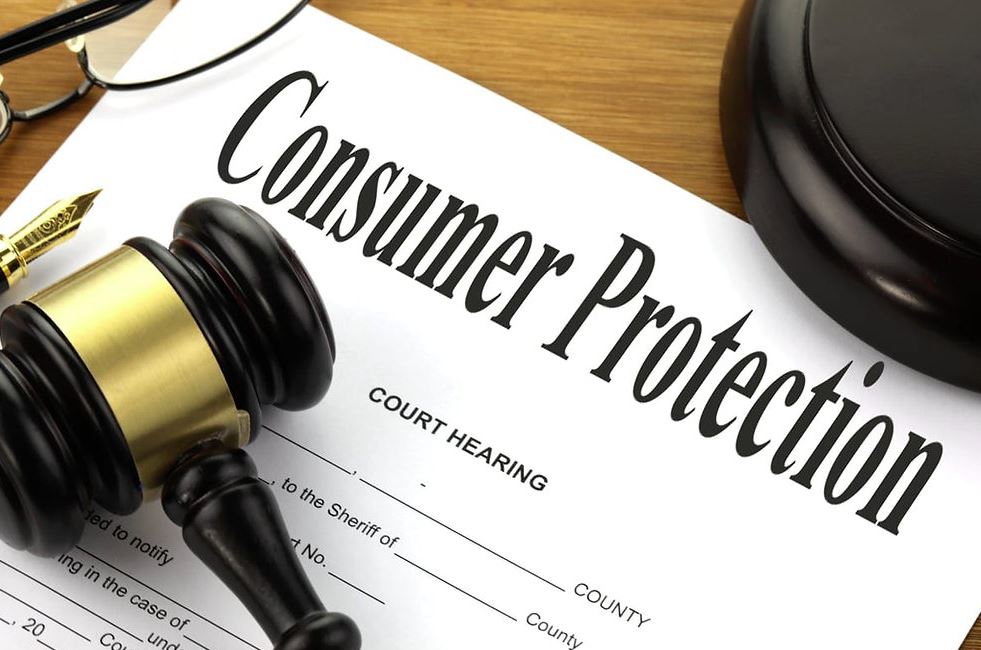In today’s interconnected world, navigating the marketplace can be complex. Consumers are required to make informed decisions about their purchases and protect themselves from a myriad of scams and unfair practices that lurk in both physical and digital corners. This has made an understanding of consumer laws not just beneficial but crucial for the everyday shopper.
Like many developed nations, Australia has a robust consumer protection law framework. These laws are designed to ensure fairness, promote competition, and remedy consumer problems when things go wrong. Despite these protections, scams remain a prevalent problem, causing their victims significant financial and emotional distress. In fact, according to Scamwatch, Australians lost over $851 million to scams in 2022 alone – a sobering figure that underscores the importance of vigilance and awareness.

This blog post will delve into the depths of Australia’s consumer laws, specifically the Australian Consumer Law (ACL), and how it serves as a safety net against scams and unfair practices. We will explore consumers’ rights under this law, how to use it to your advantage, and tips for staying one step ahead of scammers. Armed with this knowledge, you will be better equipped to navigate the marketplace with confidence and assurance.
Understanding Scams and Unfair Practices
Scams are deceptive schemes designed to defraud individuals or organizations, usually for financial gain. On the other hand, unfair practices are misleading or deceptive or give a business an unfair advantage over consumers or competitors. These can include pyramid schemes, bait advertising, or high-pressure sales tactics.
Various scams have targeted Australians, from phishing emails and tech support scams to fake lottery wins and romance scams. Unfortunately, these scams are not only sophisticated but also extremely prevalent. The Australian Competition and Consumer Commission’s Scamwatch received 216,089 reports of scams in 2022, costing Australians over $851 million.
The Australian Consumer Law (ACL)
Established in 2011, the Australian Consumer Law aims to protect consumers and ensure fair trading across Australia. It provides a generic law across all sectors and jurisdictions, replacing 17 different Commonwealth, state and territory laws. The ACL prohibits certain unfair trading practices, including scams.
The ACL is administered and enforced by the Australian Competition and Consumer Commission (ACCC). It can investigate suspected breaches, take court action to enforce the law, and work with businesses to help them understand their obligations under the law.
Key Consumer Rights under the ACL
The ACL provides consumers with a number of key rights, including:
- The right to repair, replacement or refund. If a product or service you buy fails to meet a consumer guarantee, you can ask for a repair, replacement or refund.
- The right to a fair price. If you haven’t agreed on a price with a business, they can only charge a reasonable price.
- The right to accurate information. Businesses cannot make false or misleading claims about their products or services.
- The right to consumer guarantees. These include the right to safe products, services provided with due care and skill, and services fit for their disclosed purpose.
Important Features of the ACL Against Scams and Unfair Practices
The ACL has several important features that help protect consumers against scams and unfair practices. These include the prohibition of unfair contract terms, rules against false or misleading practices, and rules against unconscionable conduct, which is behaviour that is so harsh or oppressive that it goes against good conscience.

How to Use the ACL to Your Advantage
If you believe you’ve been a victim of a scam or unfair practice, you can take several steps to protect yourself and seek redress:
- Contact the business. You should first try to resolve the issue directly with the business.
- Report the issue to the ACCC. If you can’t resolve the issue directly with the business, you can report it to the ACCC, which may take action if it finds that the business has breached the ACL.
- Seek legal remedies. In some cases, you can take legal action against the business. This could result in compensation for any loss or damage you have suffered.
Additional Resources and Support
Aside from the ACCC, several other government agencies and non-profit organizations can help protect consumers. These include the Office of Fair Trading in your state or territory and the Australian Securities and Investments Commission (ASIC) for financial products and services issues.
Prevention: Best Practices to Avoid Scams and Unfair Practices
The best way to protect yourself from scams and unfair practices is to stay informed and vigilant. This includes being wary of unsolicited contact, never giving out personal or financial information to someone you don’t know or trust, and always researching before purchasing or investing.
Remember, if something seems too good to be true, it probably is. Stay alert, stay informed, and use the protections provided by the Australian Consumer Law to ensure that your rights as a consumer are always safeguarded.
In an age where transactions occur at the speed of a click and businesses span the globe, the Australian Consumer Law (ACL) serves as a bulwark, safeguarding the rights and interests of consumers in Australia. It provides a critical framework to navigate the marketplace, offering protections against scams and unfair practices and ensuring the principles of fairness and integrity are upheld in commercial transactions.
However, the ACL is more than static legislation – it is a living instrument most effective when consumers understand and exercise their rights. Each right under the ACL, from the right to a fair price to the right to accurate information, empowers consumers, ensuring their interests are not compromised. Remember, a well-informed consumer is the strongest deterrent to scams and unfair practices.
Yet, consumer protection is not solely the responsibility of legislation and regulators. Each one of us, as consumers, plays a vital role in this domain. Our responsibility is to stay vigilant, question too-good-to-be-true offers, and report suspicions of unfair practices. By doing so, not only do we protect ourselves, but we also contribute to a fairer and more trustworthy marketplace for all.
The ACL is a potent tool but becomes even more powerful when combined with our proactive efforts. So, let us commit to staying informed, understanding our rights, and taking action when we believe those rights have been infringed. Let’s actively participate in our protection and make scams and unfair practices a thing of the past.